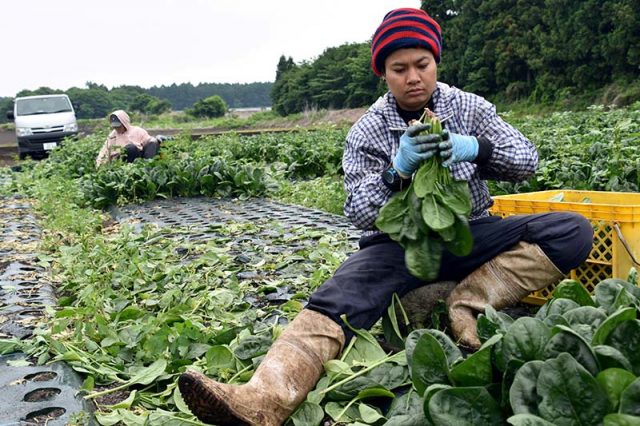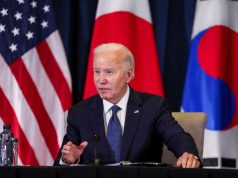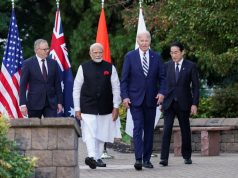
TOKYO — In a major shift for a country long closed to immigrants, Japan is looking to allow foreigners in certain blue-collar jobs to stay indefinitely starting as early as the 2022 fiscal year, a justice ministry official said on Thursday.
Under a law that took effect in 2019, a category of “specified skilled workers” in 14 sectors such as farming, construction and sanitation have been allowed to stay for up to five years, but without their family members.
The government had been looking to ease those restrictions, which had been cited by companies as among reasons that they were hesitant to hire such help.
If the revision takes effect, such workers – many from Vietnam and China – would be allowed to renew their visas indefinitely and bring their families with them, as the other category of more skilled foreigners are allowed to do now.
Immigration has long been taboo in Japan as many prize ethnic homogeneity, but pressure has mounted to open up its borders due to an acute labor shortage given its dwindling and ageing population.
“As the shrinking population becomes a more serious problem and if Japan wants to be seen as a good option for overseas workers, it needs to communicate that it has the proper structure in place to welcome them,” Toshihiro Menju, managing director of think tank Japan Center for International Exchange, told Reuters.
The 2019 law was meant to attract some 345,000 “specified skilled workers” over five years, but the intake has hovered at around 3,000 per month before the COVID-19 pandemic sealed the borders, according to government data.
As of late 2020, Japan housed 1.72 million foreign workers, out of a total population of 125.8 million and just 2.5% of its working population. —Reporting by Ami Miyazaki, Writing and additional reporting by Chang-Ran Kim; Editing by Michael Perry









